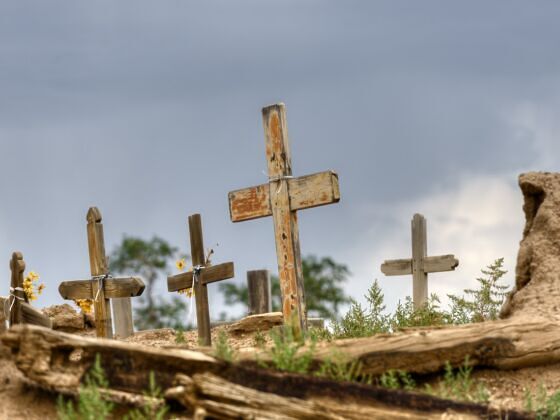I’M TRYING NOT to make this political.
But it’s a little political.
A week ago, Canadian New Democratic Party Leader Jack Layton succumbed to cancer. The man whose party formed the official opposition for the first time in Canadian history during this year’s federal election was no match for the invasion of disease.
